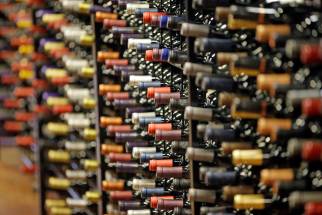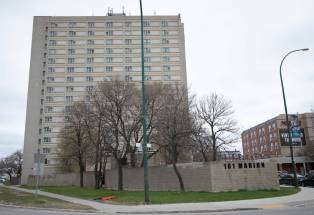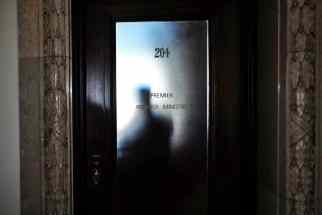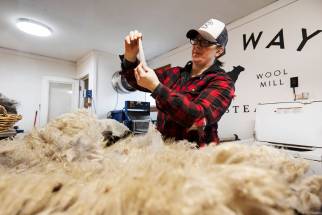Proposed legislation opens hard-liquor sales to beer vendors, wine stores with licence
Read this article for free:
or
Already have an account? Log in here »
To continue reading, please subscribe:
Monthly Digital Subscription
$0 for the first 4 weeks*
- Enjoy unlimited reading on winnipegfreepress.com
- Read the E-Edition, our digital replica newspaper
- Access News Break, our award-winning app
- Play interactive puzzles
*No charge for 4 weeks then price increases to the regular rate of $19.00 plus GST every four weeks. Offer available to new and qualified returning subscribers only. Cancel any time.
Monthly Digital Subscription
$4.75/week*
- Enjoy unlimited reading on winnipegfreepress.com
- Read the E-Edition, our digital replica newspaper
- Access News Break, our award-winning app
- Play interactive puzzles
*Billed as $19 plus GST every four weeks. Cancel any time.
To continue reading, please subscribe:
Add Free Press access to your Brandon Sun subscription for only an additional
$1 for the first 4 weeks*
*Your next subscription payment will increase by $1.00 and you will be charged $16.99 plus GST for four weeks. After four weeks, your payment will increase to $23.99 plus GST every four weeks.
Read unlimited articles for free today:
or
Already have an account? Log in here »
Hey there, time traveller!
This article was published 26/05/2022 (1294 days ago), so information in it may no longer be current.
Beer vendors and private wine stores across Manitoba could soon see their shelves stocked with hard liquor, as the provincial government looks to expand the private retail sales of alcohol.
A new bill before the Manitoba legislature would allow existing beer vendors and specialty wine stores to apply for a licence to sell the full range of alcoholic products offered through Manitoba Liquor & Lotteries Corp.
“We really want to make sure that Manitobans have that convenience in place,” Scott Fielding, minister responsible for MLL, said Thursday. “You have the great service through the Liquor Marts and through the beer vendors and others, but this will just expand Manitobans’ ability to have access.”
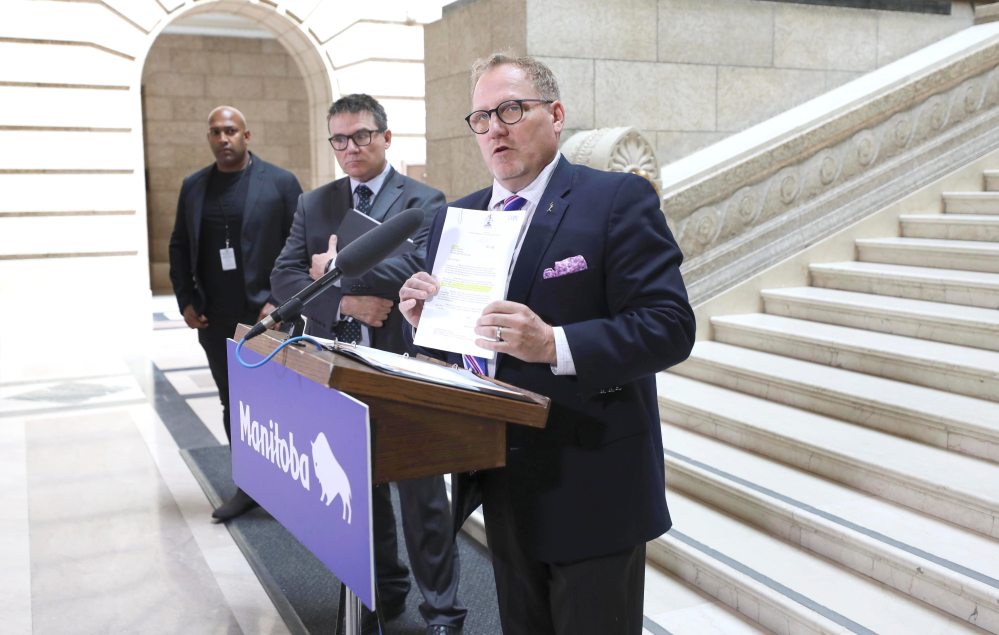
Private liquor retailers in rural Manitoba could also apply to sell case lots of beer in their stores. Currently, only 50 rural retailers are permitted to sell cases of beer in communities where there is no hotel beer vendor.
Liquor Mart jobs to be protected as retail options expand: Fielding
All 63 Liquor Mart locations will continue to operate if legislation to allow private retailers to hawk the hard stuff is passed, Minister Scott Fielding said.
All 63 Liquor Mart locations will continue to operate if legislation to allow private retailers to hawk the hard stuff is passed, Minister Scott Fielding said.
“There will be no stores shut down, there will be no impacts on any staffing that’s not a part of their business plan,” Fielding, minister responsible for Manitoba Liquor and Lotteries said following the introduction of Bill 42 on Thursday.
The bill would allow existing beer vendors and private wine stores to apply for licenses to sell all products currently sold by Liquor Marts and establish pilot projects for other retailers to sell alcohol.
Fielding said he sent a letter to Manitoba Government and General Employees’ Union president Kyle Ross guaranteeing Liquor Mart staff will not be hurt by the proposed changes.
In addition, the proposed legislative changes are not expected to cut into provincial revenue from Manitoba Liquor and Lotteries, Fielding said.
“We don’t think it will have a substantial impact on the bottom line,” Fielding said.
“The current model of alcohol sales works very well for Manitoba, delivering $320 million in annual profit to pay for public services like health care and education,” Ross said in a statement. “Public services like these have already been cut by this government, and privatizing more liquor sales will just create more pressure to cut. What else are they going to cut to make up for the erosion of this $320 million?”
NDP MLA Adrien Sala and Crown-corporations critic said the bill is a significant step towards privatization.
“We’re talking about the potential here for sending huge amounts of dollars, of revenues that come to our provincial government which pay for our health and education systems that will be sent out of province,” Sala said.
Sala said expanding alcohol sales could also pose safety concerns families.
“Do we want our children going to a corner store and being faced with a wall of king cans or other liquor,” Sala said. “That to me creates huge concerns for the safety of our children.”
The provincial government estimates about 70 per cent of liquor products currently sold in Manitoba are already purchased at private stores, including beer vendors, rural liquor stores and specialty wine shops.
If the proposed legislation becomes law and all beer vendors and specialty wine stores in Winnipeg apply for the new retail licences, there would be up to 70 new locations selling spirits and up to 62 new locations selling wine, according to the province.
In Brandon and rural Manitoba, an additional 178 locations would be selling wine and spirits, and up to 118 more locations could sell beer in large quantities.
Proposed legislative changes would apply only to retailers who hold either a hotel beer vendor or specialty wine store licence when the bill is passed.
“You have the great service through the Liquor Marts and through the beer vendors and others, but this will just expand Manitobans’ ability to have access.” – Minister Scott Fielding
Carl and Kay’s Fine Foods has been a family-run institution in Sprague for more than 40 years. Current owner Murray Machej said he’s “ecstatic” about the bill’s introduction.
“We want to be able to offer whatever the liquor commission sells, so I’m very happy to hear they’re doing that. It can’t come too soon,” he said.
The business is currently allowed to sell single beer cans, but because there’s a hotel in the area, its not allowed to sell case lots.
It’s resulted in years of lost business and customers being redirected to the towns of either side of his business, both of which can sell cases because they don’t have hotels, Machej said Thursday.
“I don’t begrudge the hotels having a monopoly on beer vendors, but the time has come to let us compete openly. That’s what the free market’s supposed to be about.”
“I don’t begrudge the hotels having a monopoly on beer vendors, but the time has come to let us compete openly. That’s what the free market’s supposed to be about.” – Murray Machej
Bill 42 (Liquor, Gaming and Cannabis Control Amendment and Manitoba Liquor and Lotteries Corporation Amendment Act) would also provide the framework for grocery stores, convenience stores and other retail locations to sell alcohol products as part of a five-year pilot program.
Pilot projects would be established through regulations issued by cabinet and subject to public consultation prior to government giving the green light. Participating stores would also operate with restrictions, which could include limits on the type of alcohol they can sell or set a minimum square footage for stores.
Manitoba Hotel Association president Scott Jocelyn said hoteliers welcome the opportunity to sell more products via their vendors, but cautioned the government that expanding the retail market too quickly could result in local hotel closures.
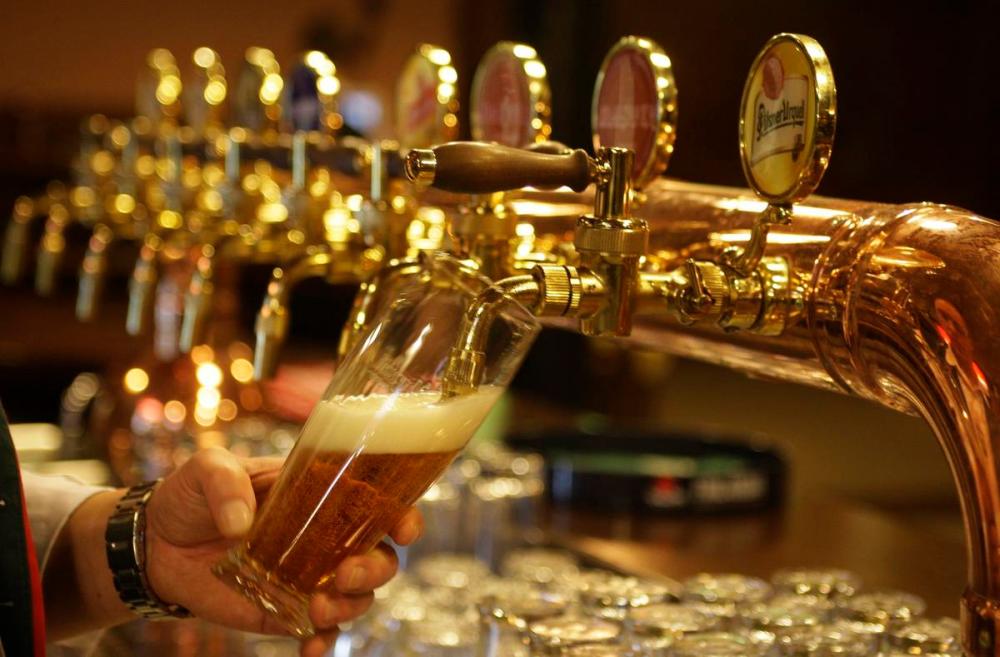
“We probably would have been happier to see the legislation not include the pilot,” Jocelyn said. “That’s concerning to us.”
John Graham, director of government relations with the Retail Council of Canada for the Prairie region, said grocers in Manitoba are ready to serve customers seeking wine or beer during a grocery run.
However, retailers are looking for more certainty from the province and stronger commitment to move forward with pilot projects allowing grocers to sell alcohol.
“There’s not enough detail at this point, and we would see it as a huge miss if at the same time as your expanding offerings at beer vendors, you’re not at least trying some grocery store pilots,” Graham said.
Meantime, Mothers Against Drunk Driving Winnipeg chapter president Trevor Ens said wider access to alcohol, be it through grocery stores or other retailers, is not a determining factor of whether or not people drink and drive, and increased access is unlikely lead to increased consumption.
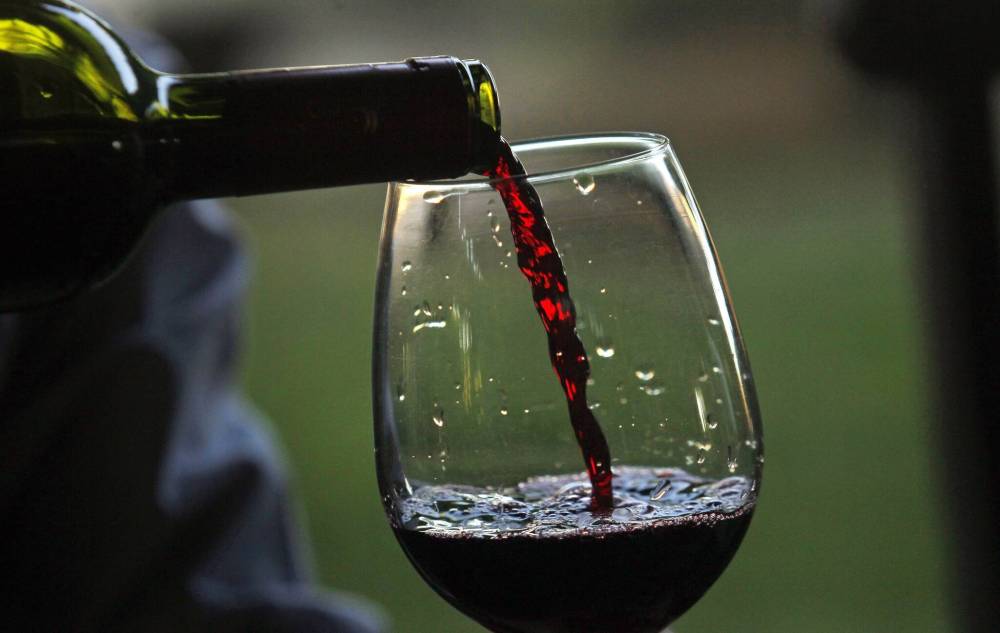
MADD — which provides support to victims and survivors of impaired driving incidents — hopes the province will require any new retailers to take training on how to responsibly sell alcohol, if the legislation passes.
“It’s not just simply the person that works in the grocery store (being told) ‘OK, today, there was no alcohol being sold; tomorrow there is,’ and not knowing what to do,” Ens said.
“So just ensuring that the province is also rolling out training, whether it be through just educational pamphlets, or some sort of formalized training — we want to make sure that that is there.”
— with files from Malak Abas
danielle.dasilva@freepress.mb.ca
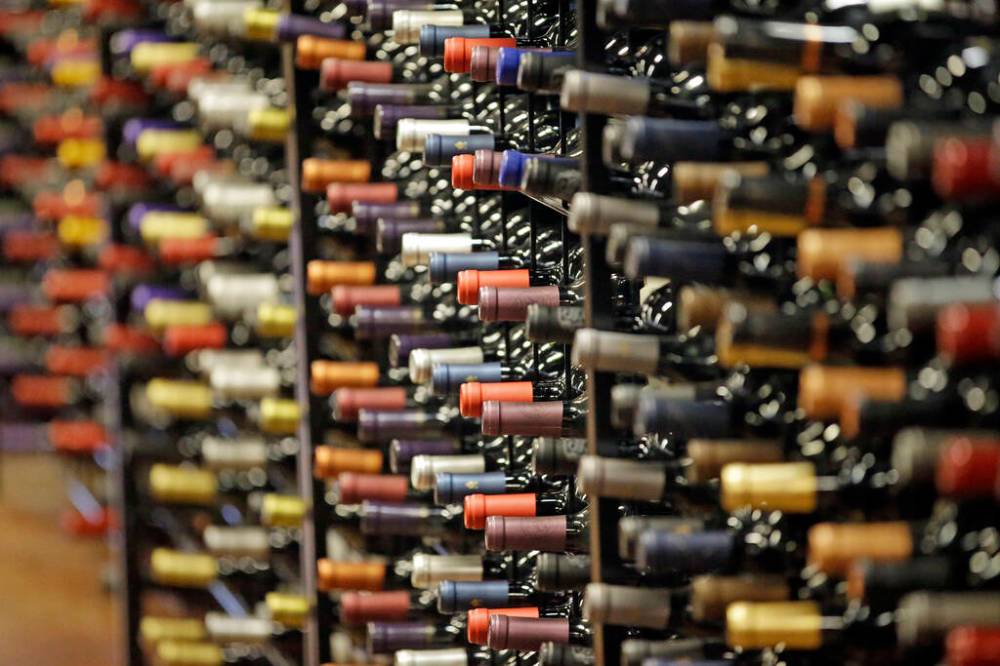

Our newsroom depends on a growing audience of readers to power our journalism. If you are not a paid reader, please consider becoming a subscriber.
Our newsroom depends on its audience of readers to power our journalism. Thank you for your support.
History
Updated on Thursday, May 26, 2022 7:06 PM CDT: Fixes formatting of factbox
Updated on Friday, May 27, 2022 9:09 AM CDT: Corrects spelling of hawk




